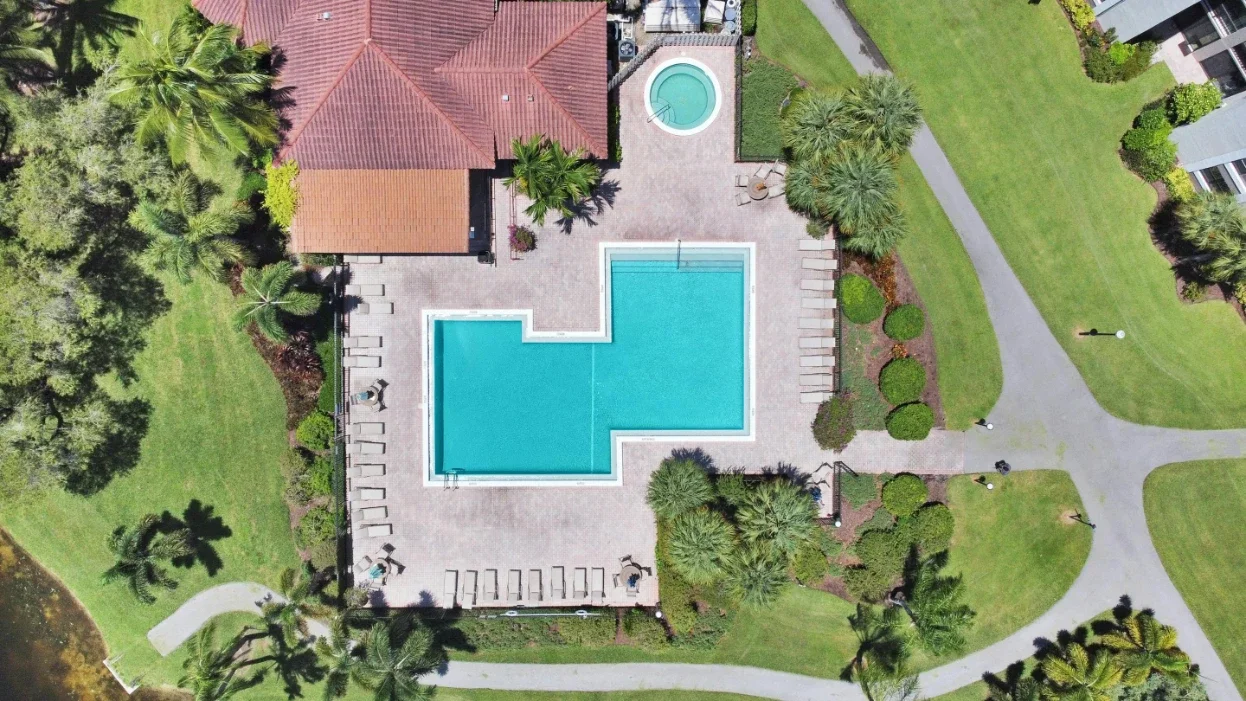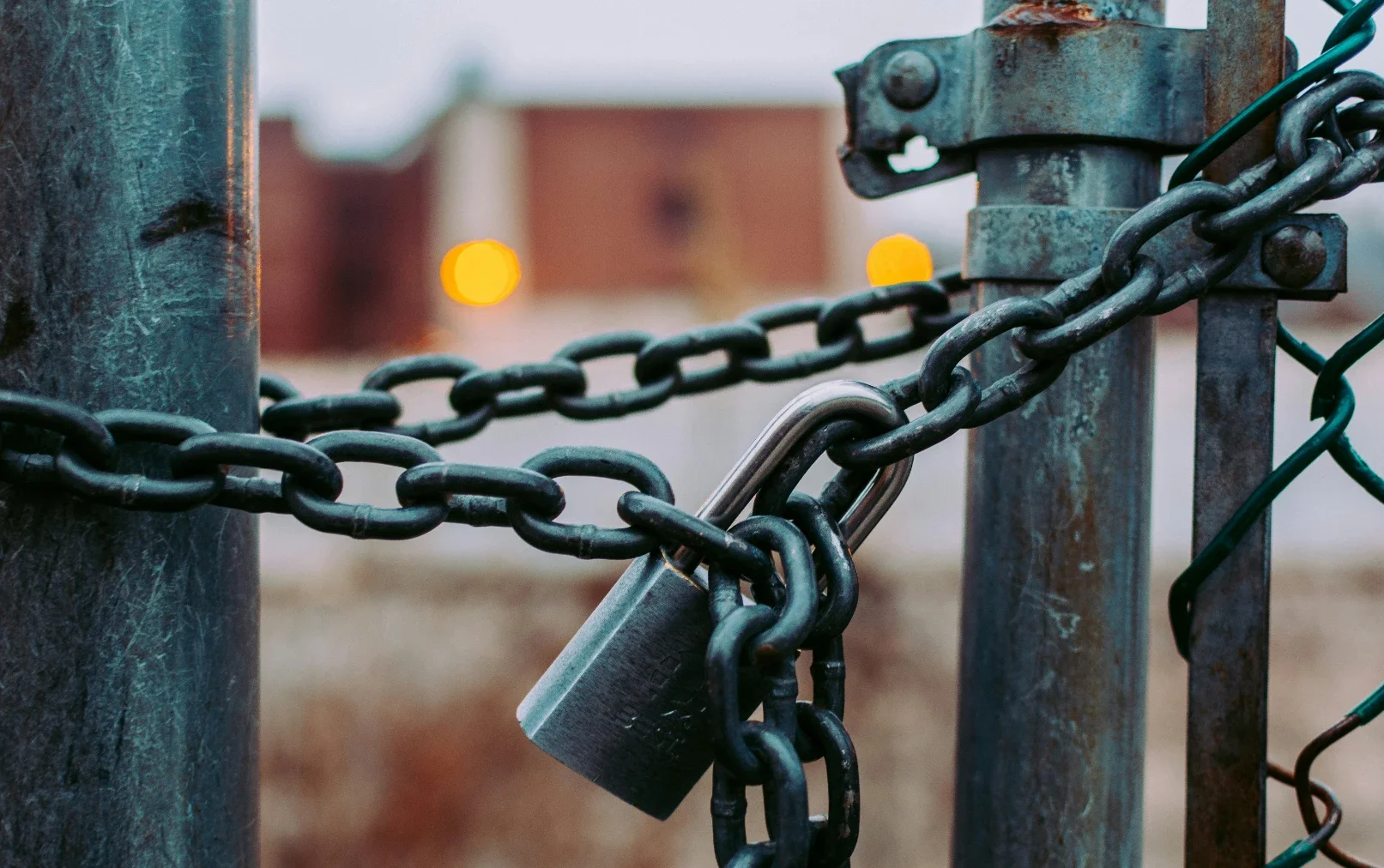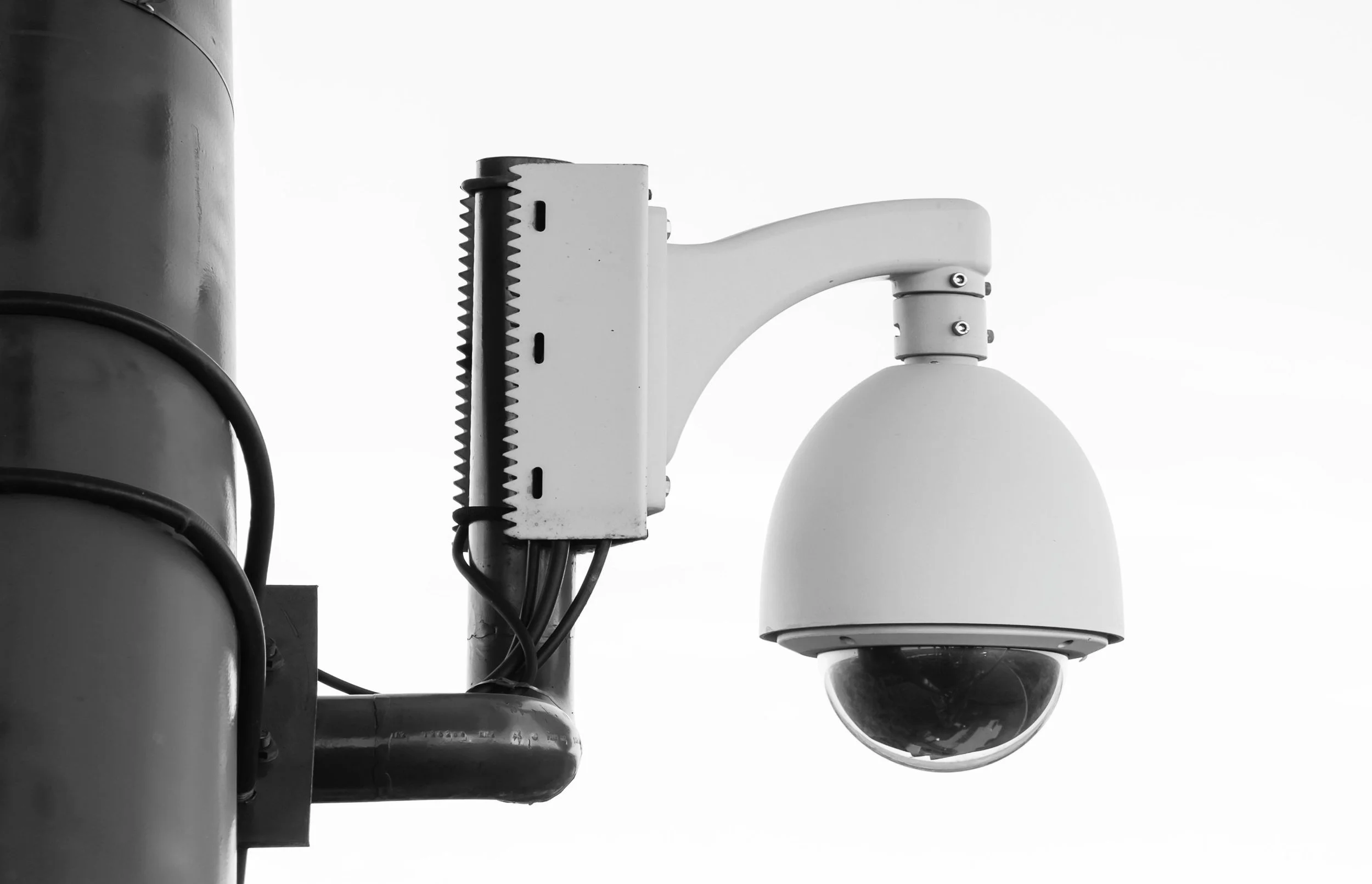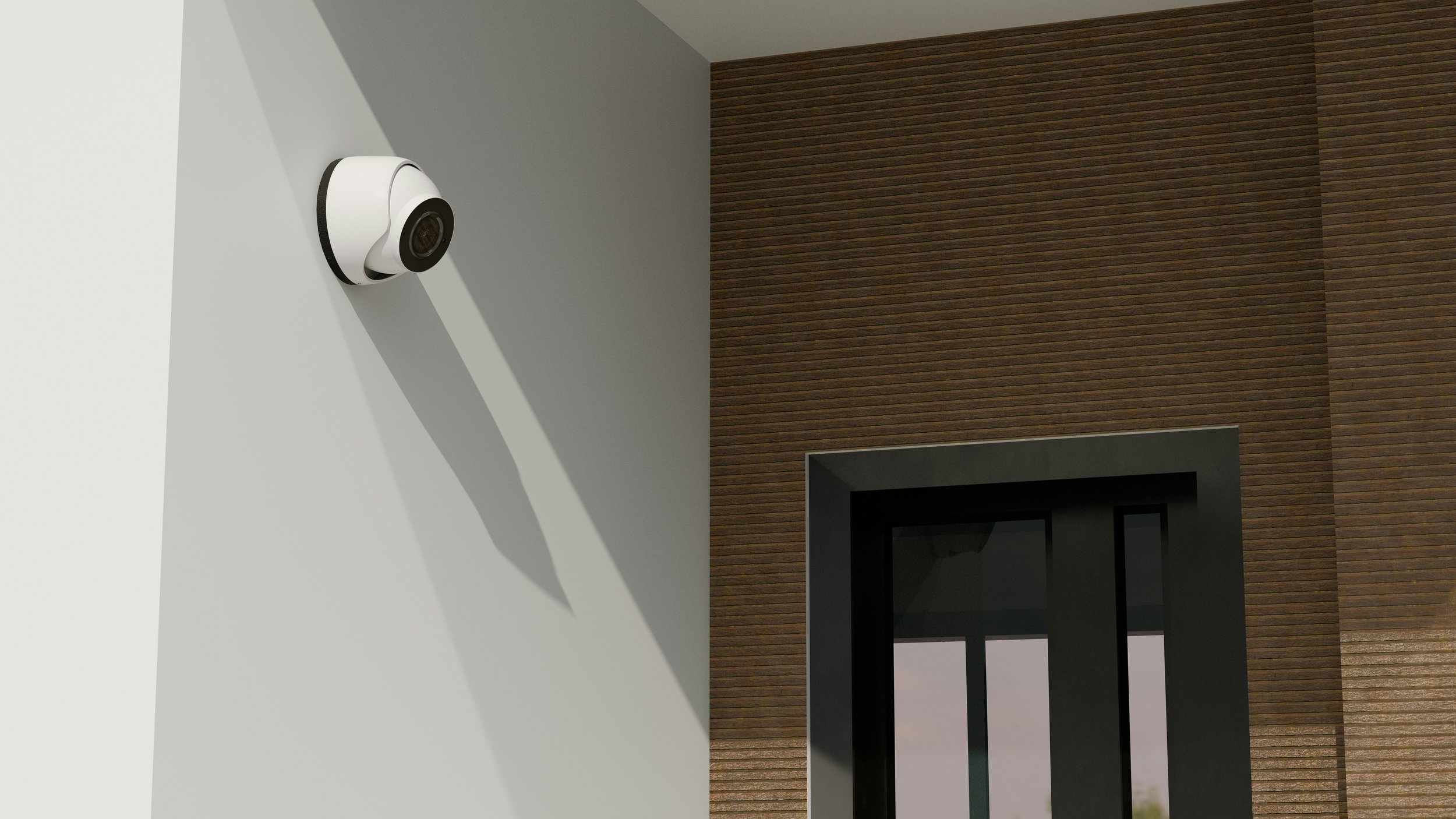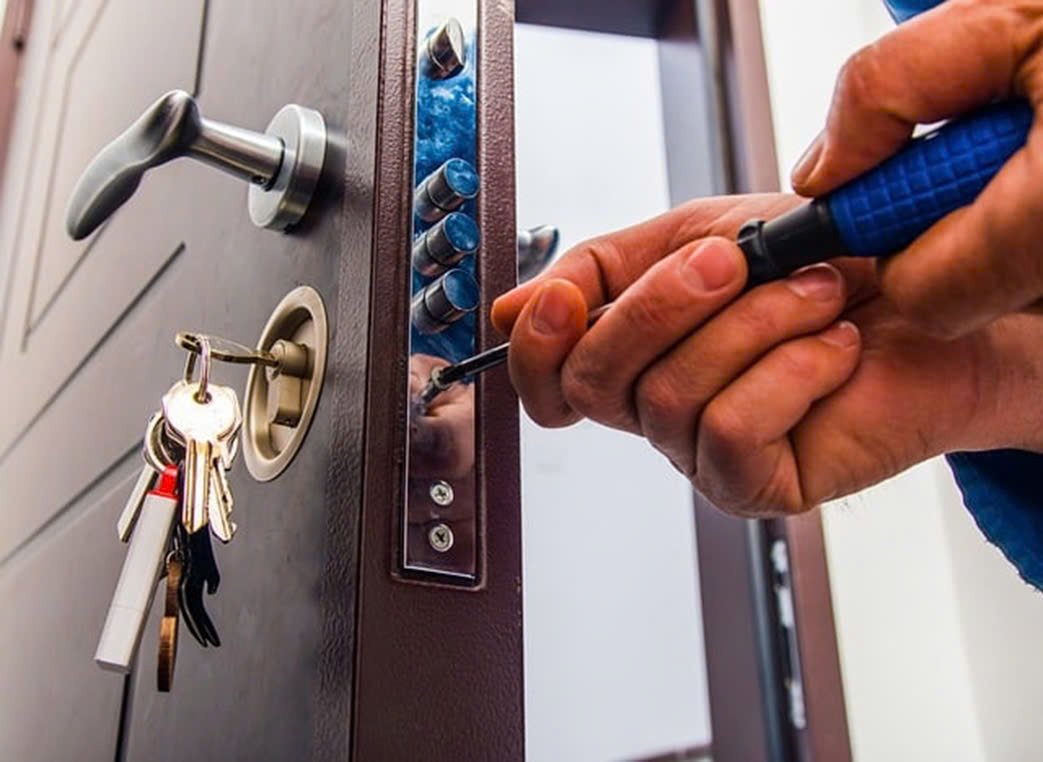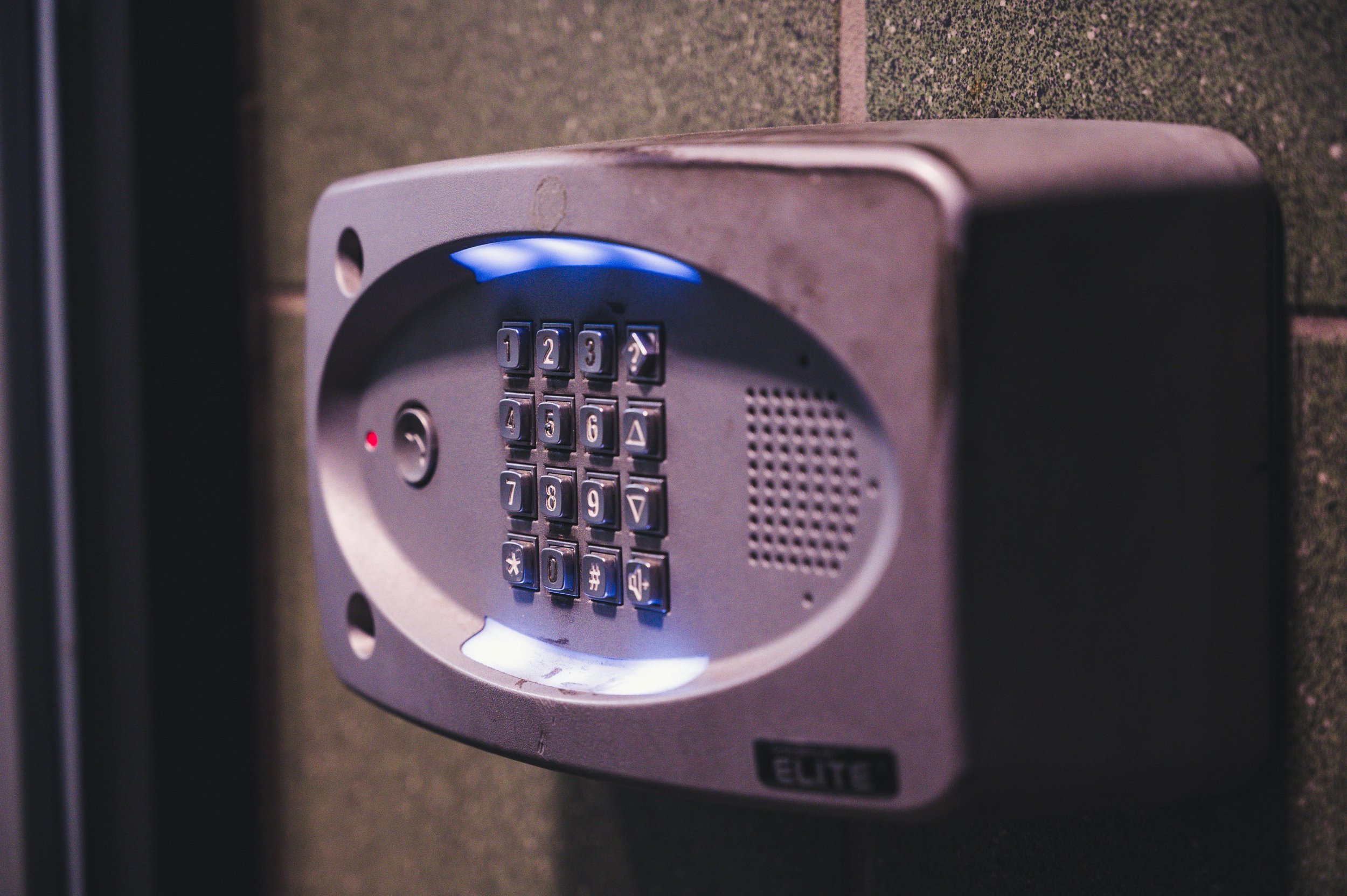How To Protect Your Trailer Shop
Secure your trailer shop with expert tips on storage, protection, and maintenance. Learn how to prevent damage, deter theft, and ensure your trailer remains in top condition.
Protecting your trailer shop requires implementing multiple security measures to prevent theft, damage, and deterioration. Your investment faces real risks daily. This guide will help you safeguard your trailer shop effectively with practical solutions you can implement right away.
Many trailer owners underestimate security threats until it's too late, but you don't have to learn this lesson the hard way. We've compiled expert advice on the most effective protection strategies for your trailer shop, covering everything from basic security to advanced prevention techniques.
✔️ Securing trailer components with proper locks and equipment
✔️ Installing alarms and GPS tracking systems
✔️ Preventing rust and environmental damage
Let's explore how you can keep your trailer shop secure against theft, vandalism, and weather-related damage.
Securing Trailer Components
Locking Lug Nuts And Hitch Locks
Your trailer security depends greatly on quality locking mechanisms for both wheels and hitches. These protective devices create significant barriers against theft. This is why it is essential to use a commercial trailer lock like the ones from AMPLock, which have been specially designed to secure trailer shops.
For locking lug nuts:
Remove one standard lug nut at a time
Replace with the locking version
Use the special key to tighten properly
Store the key in a secure location away from the trailer
For hitch locks:
Select a lock that fully covers the coupler mechanism
Make sure the lock engages completely
Test by attempting to lift the coupler off the ball
Add a secondary chain lock for additional security
Regular maintenance checks help ensure your locks remain functional. Apply a small amount of lubricant to moving parts but avoid over-lubricating which can attract dirt.
Bolting Equipment To Trailer Floors
Keeping your equipment secure during transport requires proper attachment to your trailer floor. This simple process can significantly reduce theft risk while ensuring safety on the road.
Tools and Materials Needed:
Power drill with appropriate bits
Measuring tape
Pencil or marker
Socket wrench set
High-grade bolts (appropriate for your equipment)
Lock washers
Flat washers
Thread-locking compound
Safety glasses
Step-by-Step Installation Process:
Position your equipment exactly where you want it secured on the trailer.
Mark the locations for bolt holes through existing equipment mounting points.
Remove the equipment and drill holes at your marked positions.
Apply thread-locking compound to the bolts.
Place the equipment back in position, aligning with drilled holes.
Insert bolts with washers through the equipment into the floor.
Add lock washers and nuts underneath the trailer floor.
Tighten all bolts securely with your socket wrench.
Double-check that everything remains firmly attached.
For heavy equipment, consider using reinforcement plates underneath the trailer floor to distribute weight and prevent the bolts from pulling through during transport.
Applying Grease To Axle Bearings
Proper lubrication of your trailer's axle bearings extends their life and prevents costly breakdowns on the road.
Tools and Materials Required:
Jack and jack stands
Wheel chocks
Socket set and wrenches
Bearing grease (marine-grade recommended)
Grease gun
Clean rags
Disposable gloves
Bearing packer (optional but helpful)
Application Instructions:
Park your trailer on a flat, level surface.
Place wheel chocks on the opposite side from where you'll work.
Jack up the trailer and secure with jack stands.
Remove the dust cap from the hub using a screwdriver.
Remove the cotter pin, castle nut, and washer.
Carefully pull the hub assembly off the spindle.
Clean old grease from bearings using rags.
Inspect bearings for wear or damage - replace if necessary.
Pack new grease into bearings (using a bearing packer or by hand).
Apply a thin layer of grease to the spindle.
Reassemble the hub, adjusting the castle nut properly.
Insert a new cotter pin and replace the dust cap.
This maintenance should happen at least annually or every 10,000-12,000 miles for typical trailers. More frequent greasing benefits trailers used in harsh conditions or water environments.
Tire Coverage And UV Protection
Your trailer tires face constant exposure to harmful elements that can reduce their lifespan. Proper protection saves money and prevents dangerous blowouts.
Effective Protection Methods:
Tire Covers: Purchase fitted covers designed specifically for trailer tires. These provide physical barriers against sunlight and weather. White or reflective covers work best for deflecting heat.
UV Protectant Sprays: Apply specialized tire protectant every 4-6 weeks. Look for products without petroleum distillates which can harm rubber compounds.
Storage Considerations: Position your trailer so tires rest on wooden blocks rather than directly on concrete or soil. This prevents moisture wicking and chemical transfer.
Ventilation: Ensure air can circulate around covered tires. Trapped moisture leads to mildew and accelerated deterioration.
Pressure Maintenance: Check tire pressure monthly even during storage periods. UV damage often accelerates on underinflated tires.
For maximum protection, combine physical covers with chemical treatments. The small investment in these protective measures pays off through extended tire life and improved safety during trailer operation.
Preventing Theft And Damage
Alarms And GPS Tracking
Trailer theft happens more often than you might think. Protecting your investment starts with smart security measures that deter thieves and help recover your property if it's stolen.
Modern alarm systems offer excellent protection for your trailer. Look for options with motion sensors that trigger loud sirens when unauthorized movement occurs. Many systems now include smartphone notifications, giving you real-time alerts if someone tampers with your trailer.
GPS tracking provides another layer of security. These devices allow you to monitor your trailer's location at all times through mobile apps. Some advanced trackers even create geofence boundaries, alerting you if your trailer moves outside designated areas.
Installation typically involves mounting the device in a hidden location. Professional installation might cost extra but ensures optimal placement and functionality. Many owners place GPS trackers inside frame channels or other concealed areas where thieves won't immediately spot them.
The combination of visible alarm warnings and hidden tracking technology creates a powerful deterrent. Thieves typically avoid trailers with obvious security features, preferring easier targets instead.
Proper Lighting And Visibility
Good lighting serves two critical purposes for trailer security: deterring theft and preventing accidents. Well-lit trailers discourage potential thieves who prefer to work unnoticed in dark areas.
Start by upgrading to LED lights around your trailer. These provide brighter illumination while consuming less power than traditional bulbs. Strategic placement matters, focus on entry points, hitches, and storage compartments.
Motion-activated lights add extra security by surprising anyone approaching your trailer at night. Solar-powered options eliminate the need for complex wiring and work well for trailers stored away from electrical outlets.
Consider installing light timers if your trailer stays in one location. Random lighting patterns create the impression someone's always present, making your trailer less appealing to thieves.
Regular maintenance of lighting systems prevents dark spots that thieves might exploit. Check all lights monthly, replacing any damaged or dim fixtures immediately.
Rust And Corrosion Prevention
Rust represents one of the biggest threats to your trailer's longevity. Once corrosion begins, it spreads quickly, compromising structural integrity and safety.
Protective coatings form your first defense against rust.
Regular washing removes corrosive substances like road salt, mud, and industrial fallout. Pay special attention to wheel wells, frame joints, and other areas where moisture collects. After washing, ensure your trailer dries completely before storage.
Early signs of corrosion appear as white or reddish-brown spots on metal surfaces. Inspect your trailer regularly, focusing on stress points and areas where different metals connect. Galvanic corrosion occurs when dissimilar metals contact each other, creating accelerated deterioration.
For trailers used near saltwater, additional precautions become necessary. Rinse thoroughly after each exposure to salt environments, and apply specialized marine-grade protectants to vulnerable components.
Assessing Environmental Hazards
Your trailer faces different environmental challenges depending on your location and usage patterns. Identifying these hazards helps you develop effective protection strategies.
Extreme temperatures affect trailers in various ways. Heat can damage tires, wiring, and seals, while cold causes materials to contract and become brittle. Protect against temperature extremes by:
Using tire covers to prevent UV damage
Storing in shaded areas during summer months
Applying appropriate lubricants for seasonal conditions
Installing thermal insulation for sensitive components
Water damage presents another significant risk. Heavy rainfall, flooding, and high humidity all contribute to accelerated deterioration. Mitigate these risks through:
Proper drainage around storage areas
Waterproof covers with ventilation features
Regular inspection of seals and gaskets
Dehumidifiers for enclosed storage spaces
Wind hazards require special attention, particularly for lightweight trailers. Secure your trailer against strong winds by:
Using wheel chocks and stabilizers
Positioning with the hitch facing the wind when possible
Removing items that could become projectiles
Considering permanent tie-downs for long-term storage
Perform seasonal risk assessments based on local weather patterns. Winter preparation might include antifreeze treatments and snow load considerations, while summer readiness focuses on heat protection and storm preparedness.
By taking proactive steps against environmental hazards, you extend your trailer's useful life and maintain its value over time.
Frequently Asked Questions About Protecting Your Trailer Shop
What Is The Most Secure Way To Store A Trailer?
The safest option for trailer storage combines location with security features. Indoor storage provides maximum protection from weather and theft, especially facilities with surveillance cameras and controlled access. For outdoor storage, choose well-lit areas visible from your home or business, then add layers of security like wheel locks, hitch locks, and ground anchors. Consider installing GPS tracking devices that alert you if your trailer moves unexpectedly.
How Often Should I Grease The Axle Bearings?
Axle bearing maintenance schedules vary based on how much you use your trailer. For regular use, plan to grease bearings every 10,000-12,000 miles or annually, whichever comes first. Heavy-duty applications or frequent travel through water, dust, or mud might require service every 3,000-5,000 miles. Watch for warning signs that indicate immediate attention: unusual noise from the wheels, excessive heat after travel, or visible grease leaking around hubs.
Can I Use Any Type Of Lock On My Trailer Tires?
Not all locks offer equal protection for your trailer tires. Wheel chock locks that encase part of the tire provide good visual deterrents and physical barriers against theft. Heavy-duty boot locks similar to those used by parking enforcement create excellent security but require proper sizing for your specific tire dimensions.
Chain locks can work when threaded through wheels and secured to fixed objects nearby. Look for hardened steel construction, pick-resistant cylinders, and weather-resistant coatings when selecting locks.
The best protection comes from using multiple lock types simultaneously, making your trailer significantly less attractive to opportunistic thieves who prefer easy targets.
Do I Need To Cover My Trailer In Every Climate?
Climate conditions should guide your decision about trailer covers. Hot, sunny regions demand UV-resistant covers to prevent fading, cracking, and deterioration of exterior surfaces. Rainy areas benefit from waterproof covers that prevent rust formation and water damage to components. Even in mild climates, covers protect against bird droppings, tree sap, and dust that can harm finishes over time.
Select breathable materials for humid environments to prevent trapping moisture underneath. Half covers work well for trailers in regular use, protecting only the most vulnerable sections.

